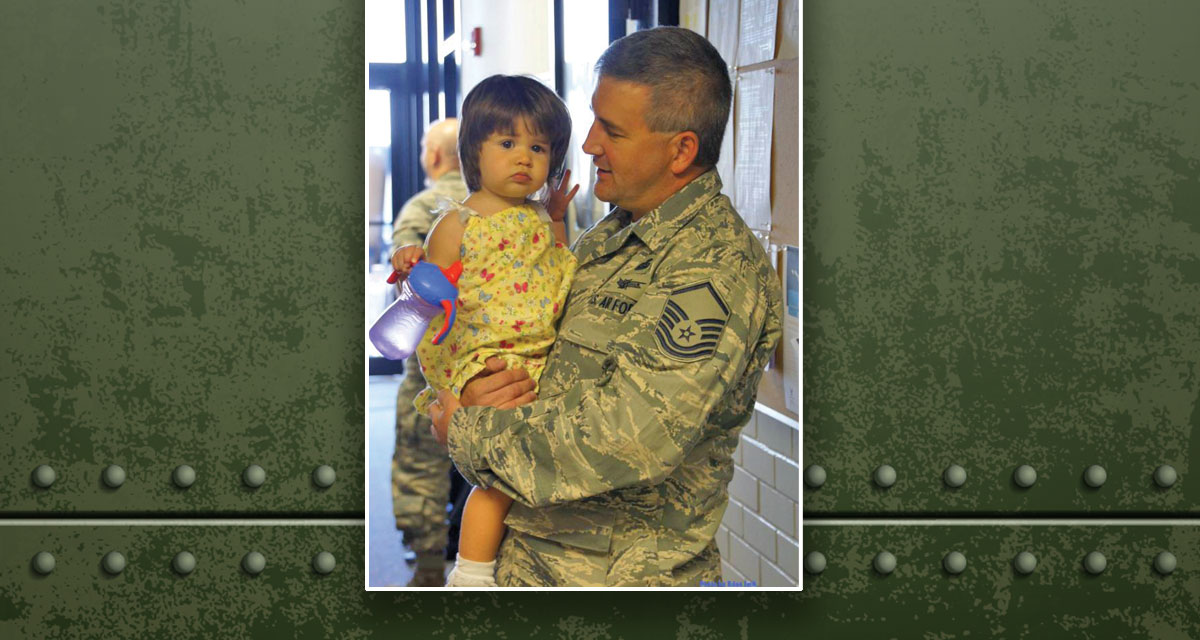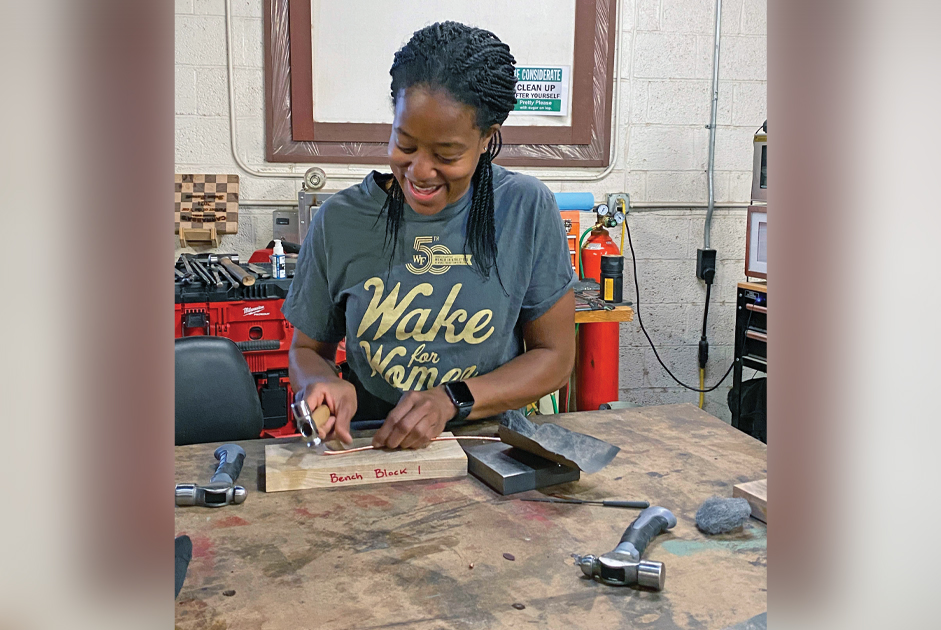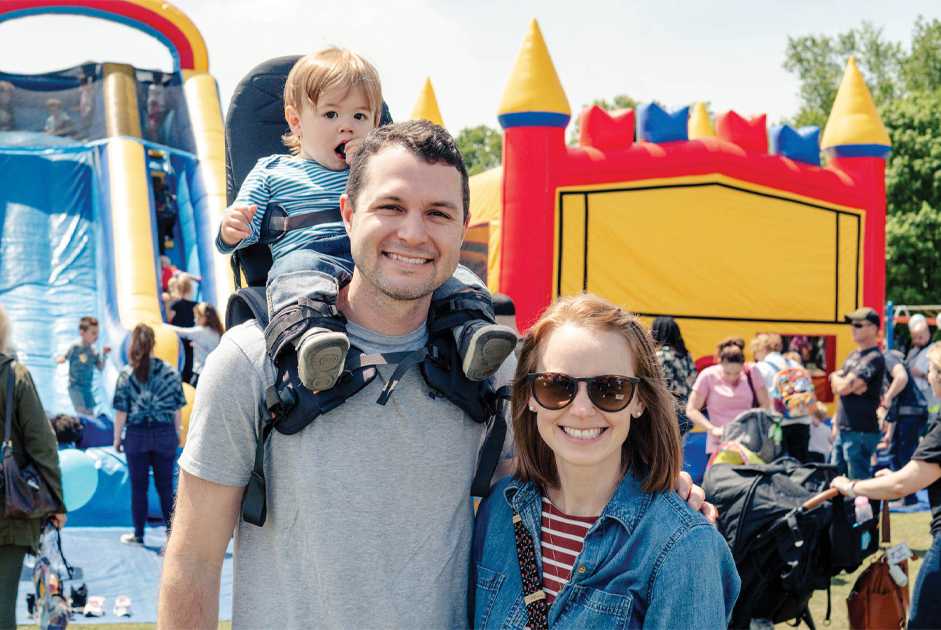During reunions of military personnel, the sight of civilians striding purposefully toward a beloved family member to offer a tight embrace, always tugs at the heartstrings. We, as watchers, understand the agonizing separation, and the daily worry about safety until they arrive home. Most American children will never see their parents in uniform or experience separation for months to years through a deployment. Body language is one telling expression, allowing onlookers to know that each of those heaving sobs well defines the sacrifice of being a military child. As a family, whether Army, Marine, Air Force, or Navy, service is a top priority. The call to leave family and home to some needed destination can happen in a blink, any hour of the day. Bags are prepared in advance and ready to be deployed. Tens of thousands of children know the feelings and experiences all too well.
Military “Brat”
The word’s connotation sounds harsh, even cruel to outsiders; yet, [military] “brat,” according to a book published in 1921, represented an acronym for “British Regiment Attached Traveler.” The term was assigned to families, especially children, who traveled with a soldier, and was later adopted worldwide. The lifestyle of relocating from one military base yearly, every two or four years, describes a subculture which means growing up outside the civilian world. Most “brats” view it as an honorary term of sacrifice. Children aren’t outcasts; instead, the lifestyle of their subculture has a way of bringing the multi-racial community together as equals.
The Fortress
A military installation is more than just a base; it’s a small city, like a fortress; a shield of protection from the civilian world. It contains shopping centers, schools, housing units, hospitals, recreation centers, and guarded gates. Every morning at 5:00, the trumpet sounds Reveille, and 12 hours later, everyone stops and stands at attention for Retreat. Most children learn resiliency. When the military parent has deployed, families rely on each other on base. Within the fortress, kids depend on themselves, develop the ability to stay strong, and seek out other adults. Change is a constant cycle. Sometimes families depart for other international bases to live, or new personnel comes in, changing friendships, connections, and feelings of comfort.
Appreciation
“War is something all of us know about, but military families are the ones who truly understand the consequence of it,” writes Hannah Abbott. “They’re the ones making the greatest sacrifices on both sides of the border and living the realities most of us only read about. Having grown up with a military parent, I understand the military’s impact on a person all too well, and that impact can be, at times, complicated. We don’t walk by someone in uniform without thanking them. We respect and appreciate our military personnel, and we show them our gratitude every chance we get. I understand the sacrifice that military families make all too well. Some of my best friends grew up as children in the military and are now active armed forces members.”
Daddy’s Daughter
Not all military parents live on a base: many live apart from the support structure in outside communities. For example, my daughter was 14 months old when her daddy stepped forward in August 2011 to participate in a four-month deployment to Kuwait. String boards in three rooms of our home held his pictures. She carried one from room to room until it showed significant creases—fortunately, video conferencing also enables deployed members to see their families. A child who before deployment could only say a few words, grins when his father’s face appears on the screen, and shouts of “da-dee” receive a ready smile.
Growing up military offers children a different skill set. They learn the art of being independent, acquire coping skills, and to understand transition is part of their life. Home isn’t necessarily permanent, but where the family is. Growing up on base often leads to stepping forward to dedicate their lives to service and country. “My dad was in the Air Force with 22 years of active-duty service,” writes Marine Corps Sgt. Ryan Haywood. “I joined the Marines one year before my dad retired. It meant a lot to me that I could be there in uniform for his retirement ceremony—as he was there in uniform for me at the beginning of mine.”























